11 possible future scenarios
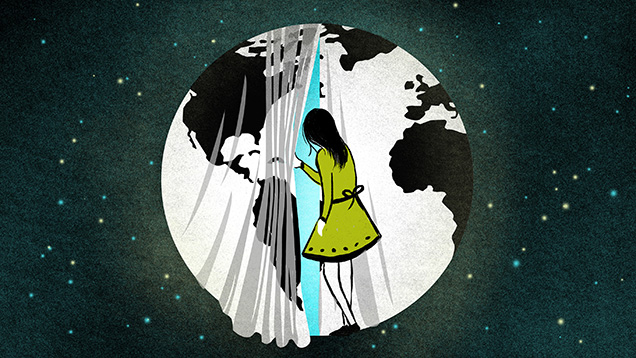
Most people build for themselves a certain vision of the future, based on an intuitive sense of the ways of development of society and technology. Surely many of you also somehow imagine life 10-20-30 years later. What will be our country, the situation in the world, where you will live and work, what smartphones will be, finally. Do not think about this unless the inveterate nihilists and people without imagination. But history has repeatedly proved that we can assume as much as you like, but there is always a place for surprise. What scenarios of the future can we expect?
1. The revival of authoritarianism
Although the term “democracy” is pretty discredited, the idea itself is not bad, the implementation is usually lame. Nevertheless, many people, thinking about the future, still represent societies living with sets of values and institutions characteristic of a democratic structure. But it may also be that in the second half of the 21st century, we can expect the flourishing of authoritarian systems that rely on the rich arsenals of modern weapons, in the first place - mass destruction.
Technologies that threaten the very existence of mankind seriously affect such important mechanisms as social control and civil liberties. Remember how, after September 11, the United States began to adopt restrictive laws one after another, quickly expanding the powers and capabilities of law enforcement agencies. And imagine what a wonderful reason to tighten the screws will appear in the government of any country in which something worse happens than the collapse of two skyscrapers.
Social and public democratic institutions, so familiar to us and forming the basis of the political system of many countries, may be subjected to serious pressure provoked by fear, uncertainty and despair. History knows many similar examples; Take the same Germany.
With the development of technology in the world, weapons of mass destruction are becoming more accessible — military viruses, robots and nanotechnologies, dirty bombs, etc. The world is increasingly enmeshed in a global information network, penetrating deeper and wider into our lives. Never before in the history of mankind has it been so easy to get all kinds of resources and information. All these factors are exacerbated by the growth and strengthening of non-traditional political forces: once weak states, non-state actors, and marginalized groups of the population. Fifty years ago, in order to cause catastrophic damage to some country, it was necessary to send a full-fledged army. Today, this is a fairly small group of people with strong motivation.

Add to all this, and the deterioration in the economies of different regions. Probably, we are on the threshold of large-scale sociopolitical changes that could lead to the flourishing of authoritarian systems. It is even possible that such political regimes will become the dominant form in the world.
2. Loss of privacy
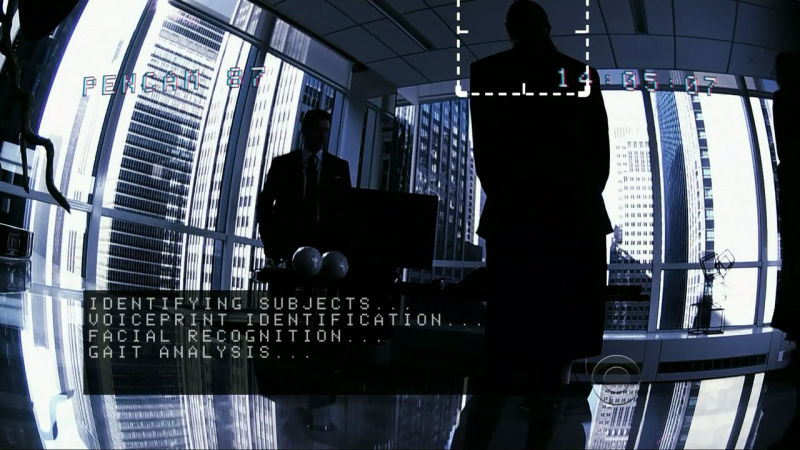
This scenario is partly related to the previous one. We can expect the flourishing of the most powerful surveillance technology, due to the need for proactive intelligence. Futurist Timothy Mack noted that the sharp increase in espionage opportunities will be associated not only with the fight against terrorism and the prevention of crime. And no new building or infrastructure will not do without surveillance cameras, systems of various sensors and some other means of monitoring and control.
Not to mention the fact that corporations and government agencies will increasingly actively monitor the behavior of citizens and their consumer habits.
Most likely, the population will be calm or even sympathetic to such innovations, thanks to some high-profile events and political slogans. So by the end of the century, the emergence of a “ transparent society ” predicted by the writer and futurist David Brin is possible.
3. The future is in the inner space, not in the outer
Many believe that humanity should strive for the stars. Well, or at least expand to the borders of the Kuiper belt . However, the futurist John Smart (cool name) expressed the idea that the acceleration of computational complexity suggests, rather, that humanity will focus on the conquest not of external space, but of internal - physical and virtual.
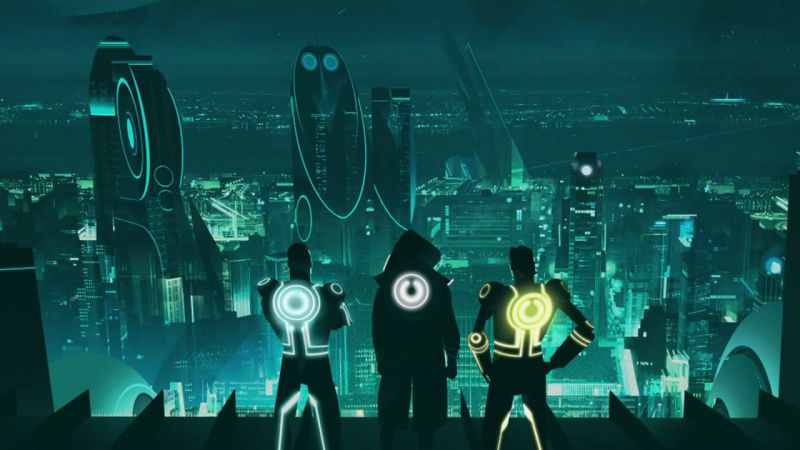
According to Smart, “ from the point of view of physics, an increase in spatial, temporal, energy, and material (spatial, temporal, energetic, material — STEM) density and efficiency is observed. This phenomenon is called STEM-compression . The migration towards “internal space” is allegedly indicated by the distribution of maximum computational difficulties in the range from the matter of interstellar space to large-scale structures -> galaxies -> specific stellar systems -> prokaryotic life on planets in the habitable zone -> eukaryotic life -> humanity inhabiting very small areas -> and up to the “smart” technologies of the future, which are transformed into nanotechnological and quantum kingdoms.
From the point of view of information theory, as these systems develop, they will penetrate into the virtual space. Visualization, ephemeralization, dematerialization, simulation, and artificial intelligence technologies will improve incredibly. Thinking will increasingly replace action, as simulation technologies will allow to explore, study and create much faster, better and more efficiently, compared to a slow, primitive, boring, expensive and dangerous physical reality. People will be more and more intelligently migrating to the physical and virtual internal space, which can lead us to existence in hyperspace domains. Like in a black hole . As human civilization develops, it grows not into the Universe, but out of it, everything is accelerating, like an awakening child. "
Smart also believes that the transition into the inner space can be the most rapid and ethical way of communicating with alien civilizations and learning from them. If this is so, then it is clear why we believe that we are alone in the Universe: we receive no signals and have not met anyone yet. Perhaps for the sake of managing the virtual world and ensuring memetic diversity, some kind of “super-ethical artificial intelligence” will use an analogue of the Primary Directive to limit the migration of intellectuals into physical and virtual internal space.
You can learn more about Smart's ideas on his work , and at the same time make a comment in his blog about how he is mistaken.
It is quite obvious that the vast majority of people will never leave their home planet. It is more likely that relatively small teams and robotic systems will work in different parts of the solar system. Let us be honest with ourselves: the cosmos will, in all likelihood, be the lot of the elect. At least in the foreseeable future.

As the futurist Ramez Naam said: “By 2050, very few people will leave the Earth's orbit. If you ever leave.
4. Transformation will become a standard feature.

We all imagine “Future Technologies” working accurately and quickly. But what if everything goes wrong? AI systems will fail, slow down and randomly reboot. Nanotech is flooded with spam viruses and DRM- means. Unmanned vehicles will prefer to kill the passengers in order to avoid the death of even more people (the “ trolley problem ”). In general, the most unpleasant thing that annoys us in modern technologies will not go anywhere in the future, it will simply take on new forms.
5. We will never solve the "difficult task" of consciousness

Cognitive psychologists and neuroscientists still do not know what to do with the so-called “difficult task” of consciousness: we have no idea about the nature and mechanism of qualia — our primary sensations.
Suppose we never solve this riddle. But without accurate modeling of cognitive phenomena, we will not be able to develop fully self-aware robots and artificial intelligence. Also, we will not be able to load our consciousness into the computer. More precisely, it can be done, but the result will be deplorable. Undoubtedly, we will advance in biotechnology, but with regard to "thin matter", we can get stuck in place.
6. Improving banned people
Many transhumanists and technoprogressists believe that we are waiting for the flourishing of human improvement technologies - physically and mentally. In fact, we take for granted the idea that sooner or later, biotechnology can make us smarter, stronger and prolong our lives.
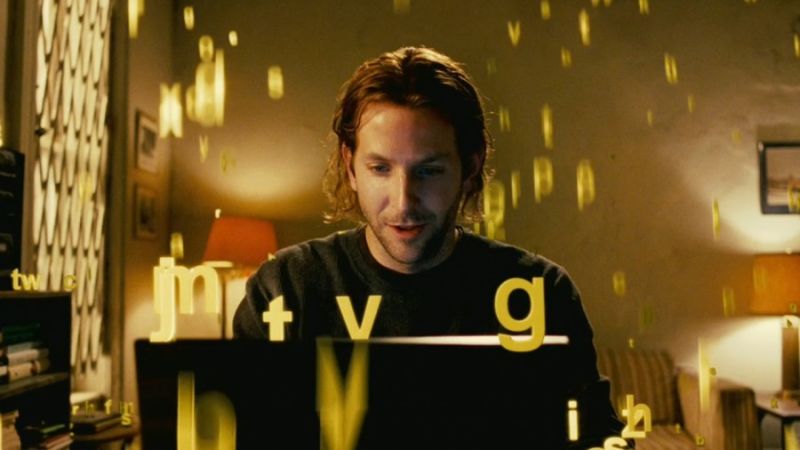
It must be said that such ideas smack of eugenics and inspire certain doubts about their feasibility in the future. It seems that almost all states will pass laws strictly restricting the use of gene technologies. It is likely that only therapeutic interventions, such as the treatment of genetic disorders, will be tolerated. Although this is in doubt, given the scandal around the technology of the " three parents ". Also, we should not forget that in most countries the cloning of people and transgenic therapy is already prohibited - the introduction of animal DNA fragments into human DNA.
There are also concerns that gene technologies will be used by parents to improve their children so that they can achieve more in life. Probably, someone will “sharpen” their children for specific careers, for example, by preparing their son for football players. It is unlikely that in the foreseeable future, society will take such initiatives. And in general, intervention in the genome can lead to unpredictable consequences.
7. Advanced AI is ahead of us in everything.

A lot of copies have already been broken around the potential hostility of the AI. If we manage to create a sufficiently powerful artificial intelligence, it is unlikely that he will think the same way as a person. It is possible that his interests will begin to diverge from the interests of humanity. Scientists and philosophers today are trying to develop the principles of humanity - a mechanism to ensure the loyalty of artificial intelligence, in order to keep an alien mind in obedience. The problem is that powerful intellect will be able to figure out how to get around all these principles of humanity that prevent it from achieving its own interests. There is also a risk that a system of principles can create a logical conflict.
It is impossible to exclude the scenario that a super-power AI can ... convince people to “release” it. Why, there, for sure, the developers from the very beginning simply ignore the measures of protection. For example, someone in a large corporation will come up with a "bright" idea to integrate AI into the worldwide network, with the best of intentions.
One of the ways to avoid such scenarios is to develop philosophical and ethical criteria for determining the level of AI development, testing the degree of self-awareness, and what rights artificial intelligence may have.
8. Third World War
When the First World War ended, it was called "the war for the end of all wars." But only 21 years have passed, and the Second World War broke out. Here is a vivid illustration of the impossibility of predicting global conflicts.
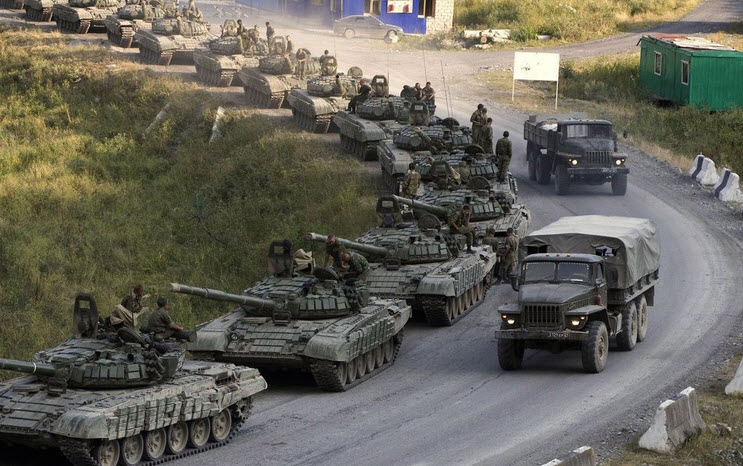
After the end of World War II, two military camps were formed, and the world for many years stood in the unstable balance of nuclear deterrence. The collapse of the USSR and the Warsaw bloc led the formation of a unipolar world in which the United States was in charge of everything. But with the development of economies, armies and industrial bases of the BRIC countries, the position of the World Policeman is becoming increasingly vulnerable. And, recalling the experience of the past two world wars, there are many reasons to fear another redistribution of influence in the world with the help of a global military conflict or a series of major regional wars.
In addition to the political and economic prerequisites, the factor of climate change cannot be disregarded. Droughts, rising sea levels, desertification will force millions to migrate. Global warming will lead to catastrophic consequences in many countries of the world and, as a result, to wars for resources and civil wars.
But speaking of the new world war, we must not forget the essentially changed military arsenals. The development of the means of destruction and delivery with a high probability will lead to the fact that the Fourth World, as Einstein predicted, will be fought with stones and clubs.
9. Categorical rejection of virtual reality technology
Such a scenario is possible: the more time people spend completely immersed in virtual reality, the more they will fear that this reality will be in some way inferior to the real world.
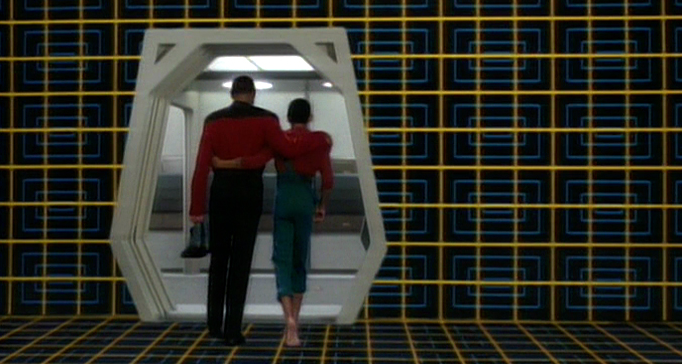
Philosopher Michael LaTorra from the University of New Mexico believes: “ The desire to gain full experience from interacting with physical reality will push people to go to nature more often, and cities will create spaces to satisfy the aesthetically beautiful. Here, people will be able to immerse themselves in the worlds of aromas, textures, light and sounds that adapt to the condition of visitors, helping them to relax. Such places will not be characterized by "incontinence" inherent in contemporary art, challenging the viewer who opposes it. They will come here for a feeling of peace, concentration, peace. And most of all it will affect people who fall into the trap of online life with its inconstant presence of friends and relatives, with whom they could never meet . ”
So the more “virtuality” will penetrate into our life, the more we will appreciate “real sensations”, trying to get a pleasant experience through various senses. In part, this can be compared with how many people today are starting to appreciate more handicrafts, being fed up with factory conveyor products.
10. Earth's population of 10 billion by the year 2100 is good.
Today, neo-Malthusian fears are in fashion. According to the UN forecast, by the middle of the century the population of the planet will reach 9.5 billion people. The overwhelming majority of environmental scientists believe that the available resources are in no way sufficient to ensure a decent standard of living for such a mob. Given that the peak of the population will be reached in about three generations, we still have time to figure out how we can solve the many related problems. In other words, if we build a world in which 10 billion people live in relative prosperity and comfort, it means that we have managed to solve almost all the problems of preserving the environment and obtaining the resources that we face today. Of course, there will be new difficulties and dilemmas, but the existing difficulties are likely to be overcome.
11. Utopia may not look at all like we do.
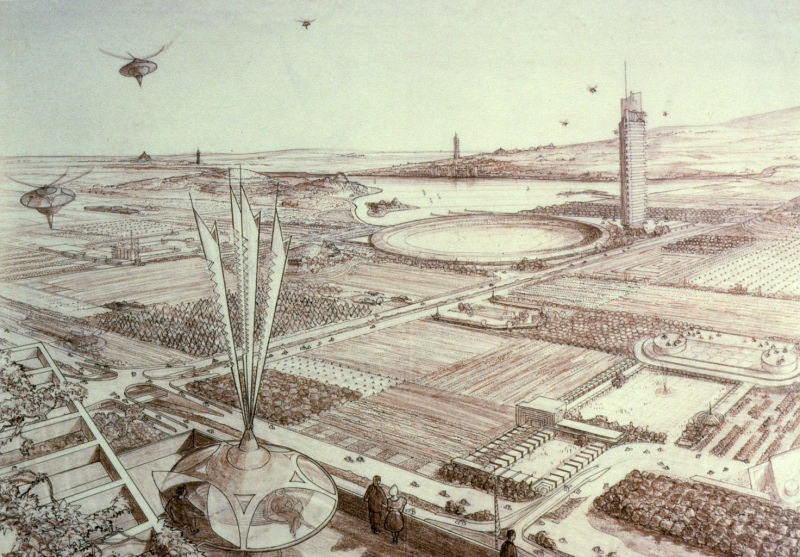
For many decades of war, genocide and fanatical totalitarianism, in the end, we will erase from us the slightest tendency towards utopias. Today, any hint of the possibility of implementing utopia - in everyday life and in fiction - is perceived with contempt and accusation of extreme naivety. The problem is that for one is utopia, for another is hell. And it is incredibly difficult, if not impossible, to outline, in general terms, the outline of an ideal world order for humanity. In addition, most of us have a clear connection between the utopian dream and radical political ideologies and repression.
But this does not mean that we should lose faith in constant progress. According to our ideas, the “ordinary” world of the future can look like a utopia, just like our life today could be perceived by people of the past as an ideal world. The theoretical theorist Terry Eagleton of the University of Manchester noted that “in the future justice and freedom can triumph or not, but the world of the future is definitely completely different.”
What could be the utopia of the future? For example, we will manage to practically save people and animals from any suffering, as well as to satisfy all the basic material needs. But to achieve this, we “ will need to avoid heartless schemes in every way. Conservatives do not accept the idea of utopia, because they are opponents of social engineering, believing that all processes in society should proceed spontaneously. At the same time, representatives of leftist movements insist on the undoubted progressiveness of social engineering . ”
Perhaps, it is difficult for us, who lived in the country of the victorious social experiment, to agree with the opinion of the left. But after all, they may be right, and we just had no luck with the implementation.
')
Source: https://habr.com/ru/post/410951/
All Articles